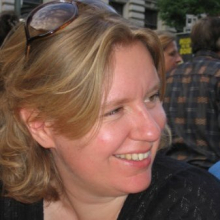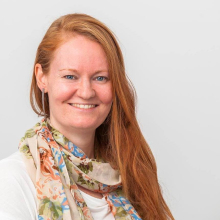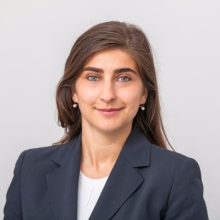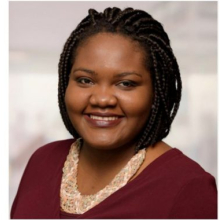
Conflict Research Unit of Clingendael Institute
About Conflict Research Unit of Clingendael Institute
23
Publications
3
Total upvotes
0
Total comments




